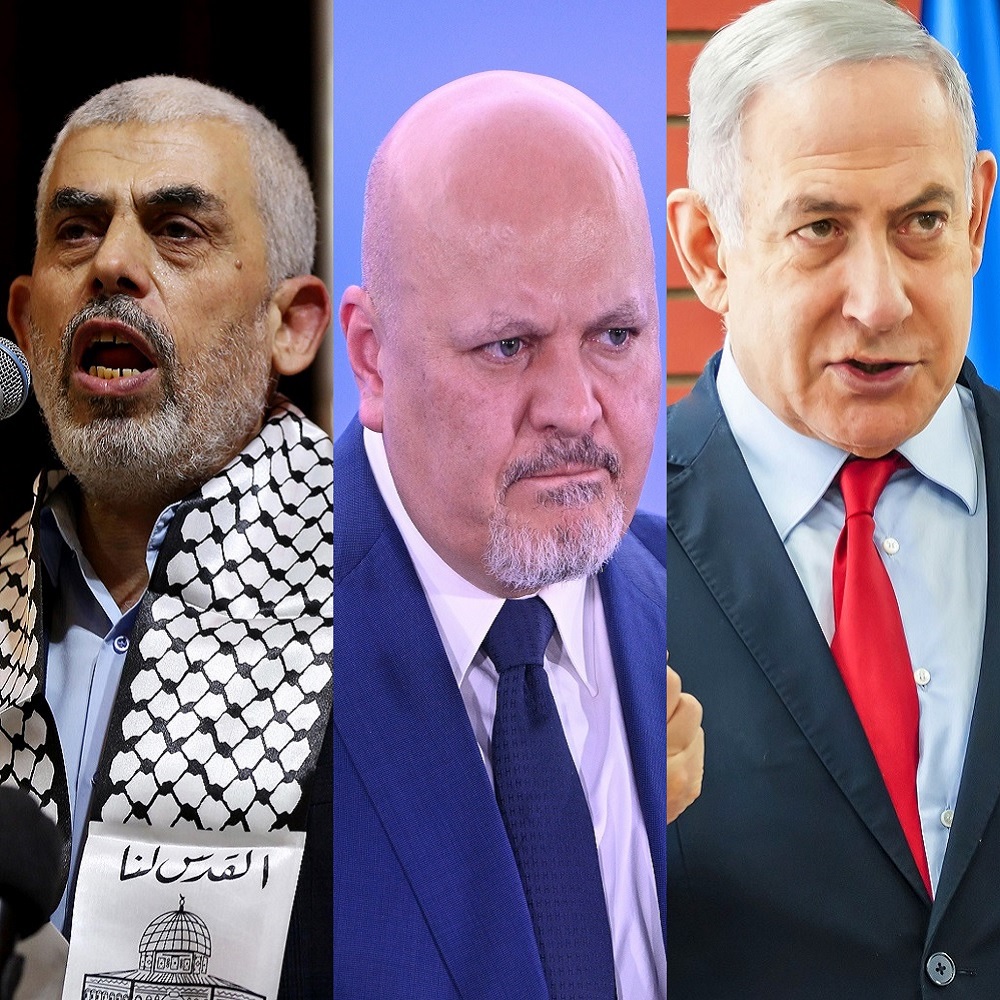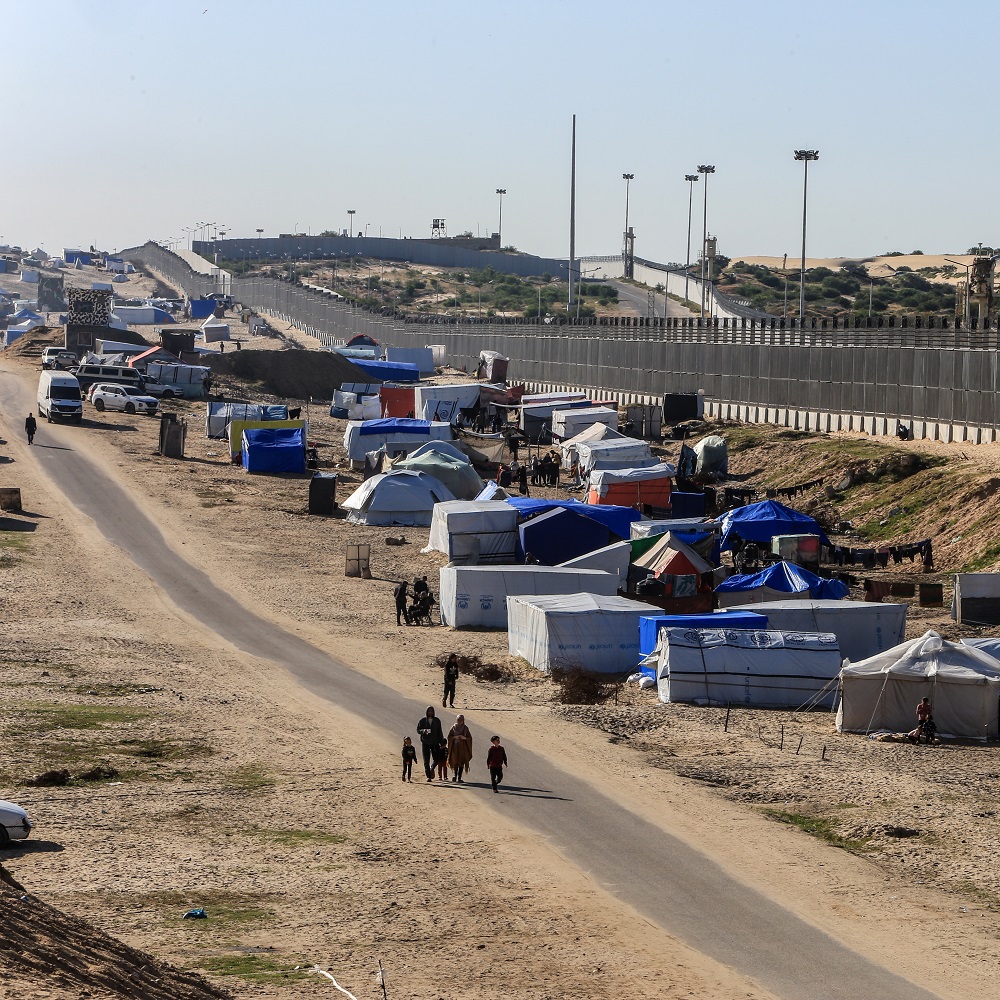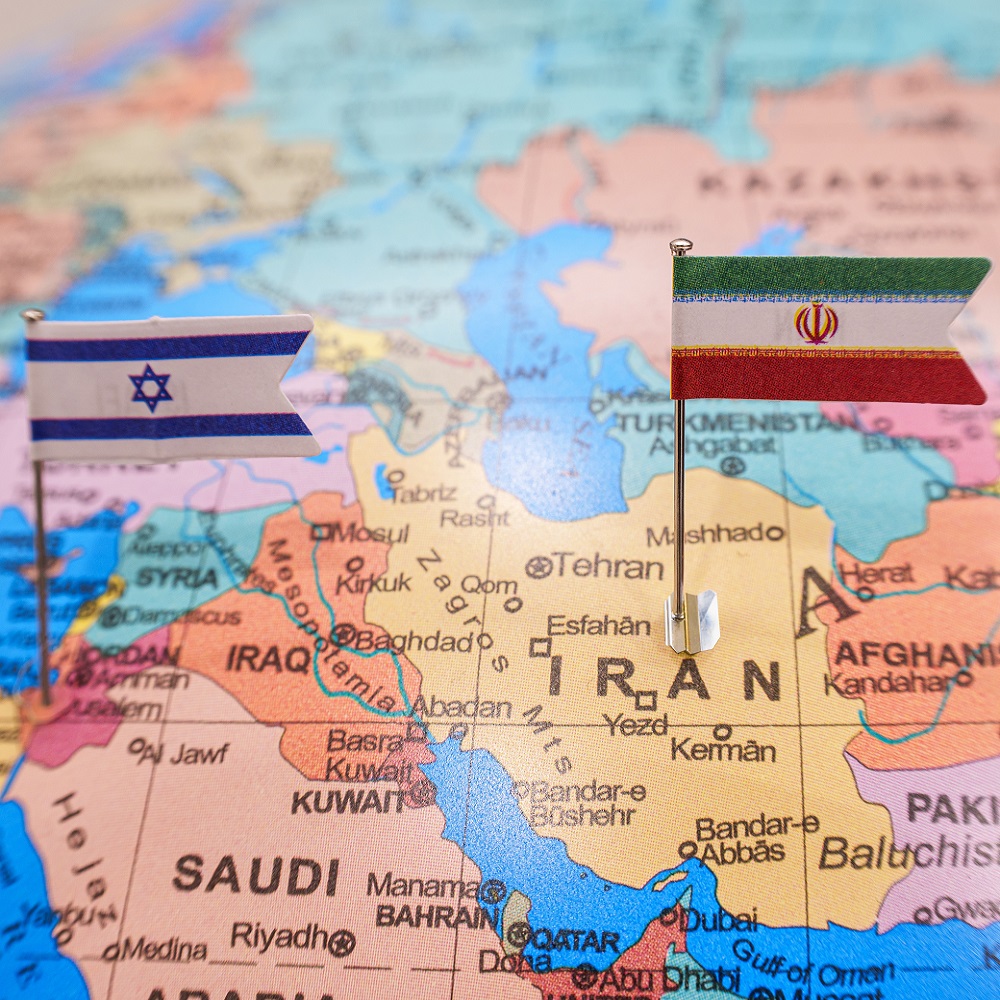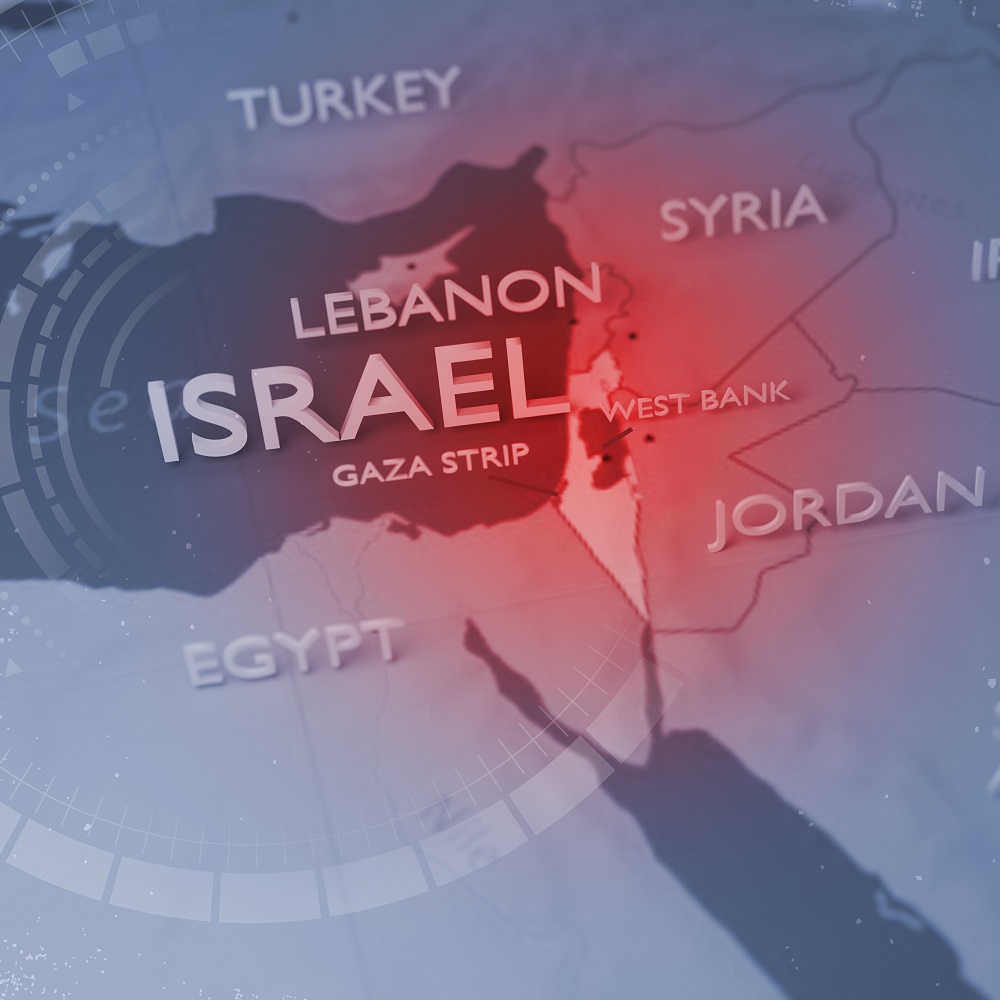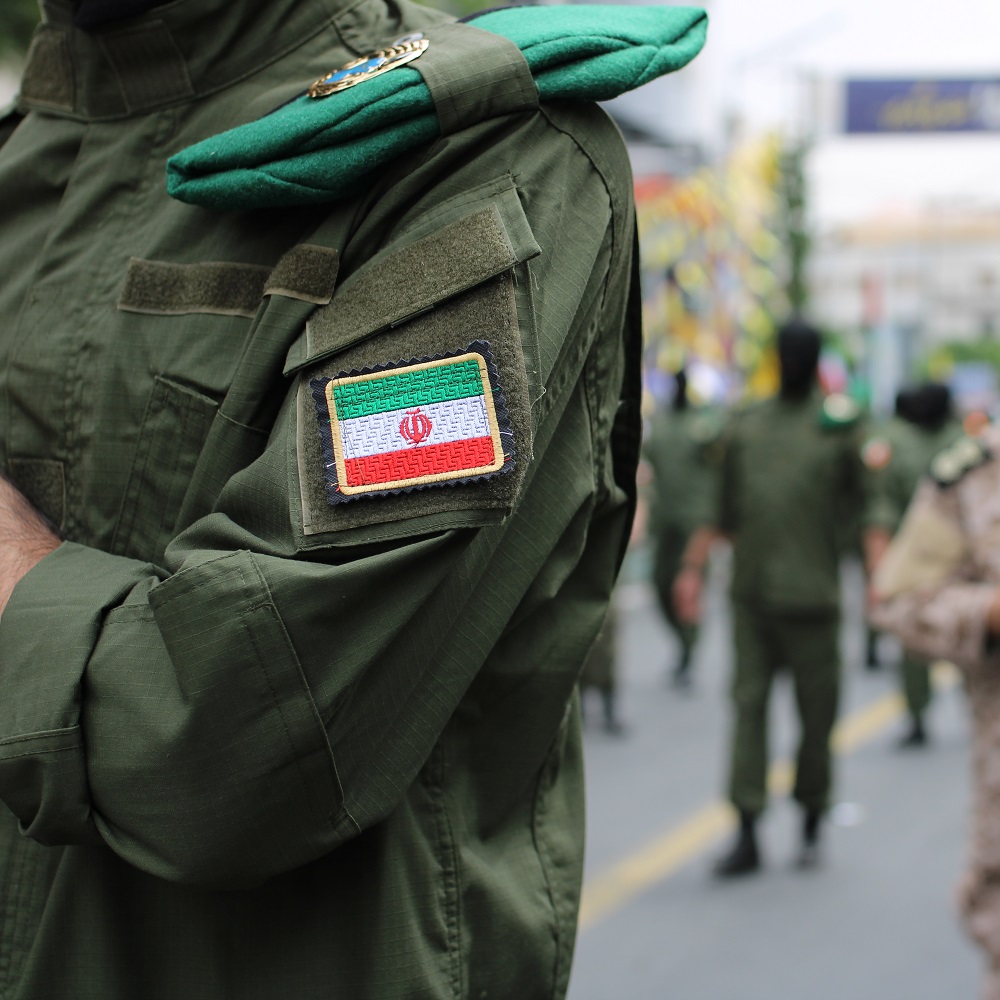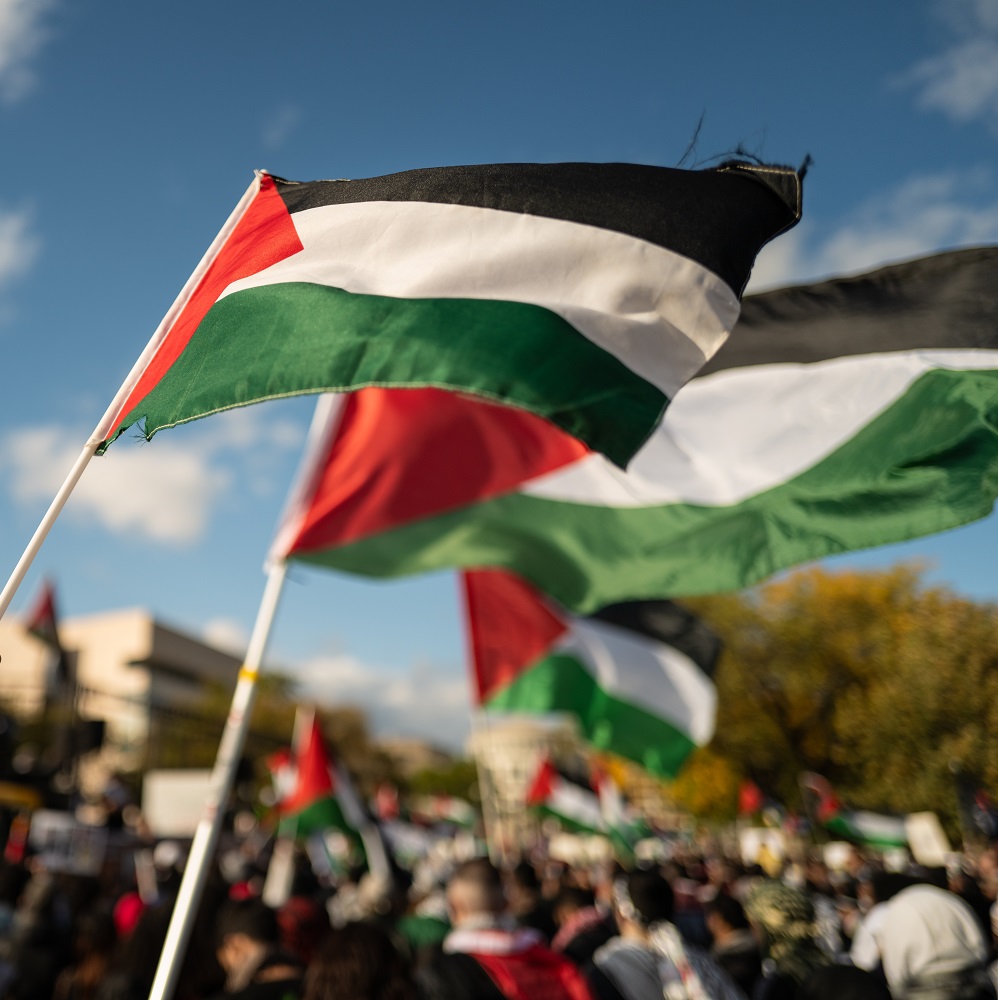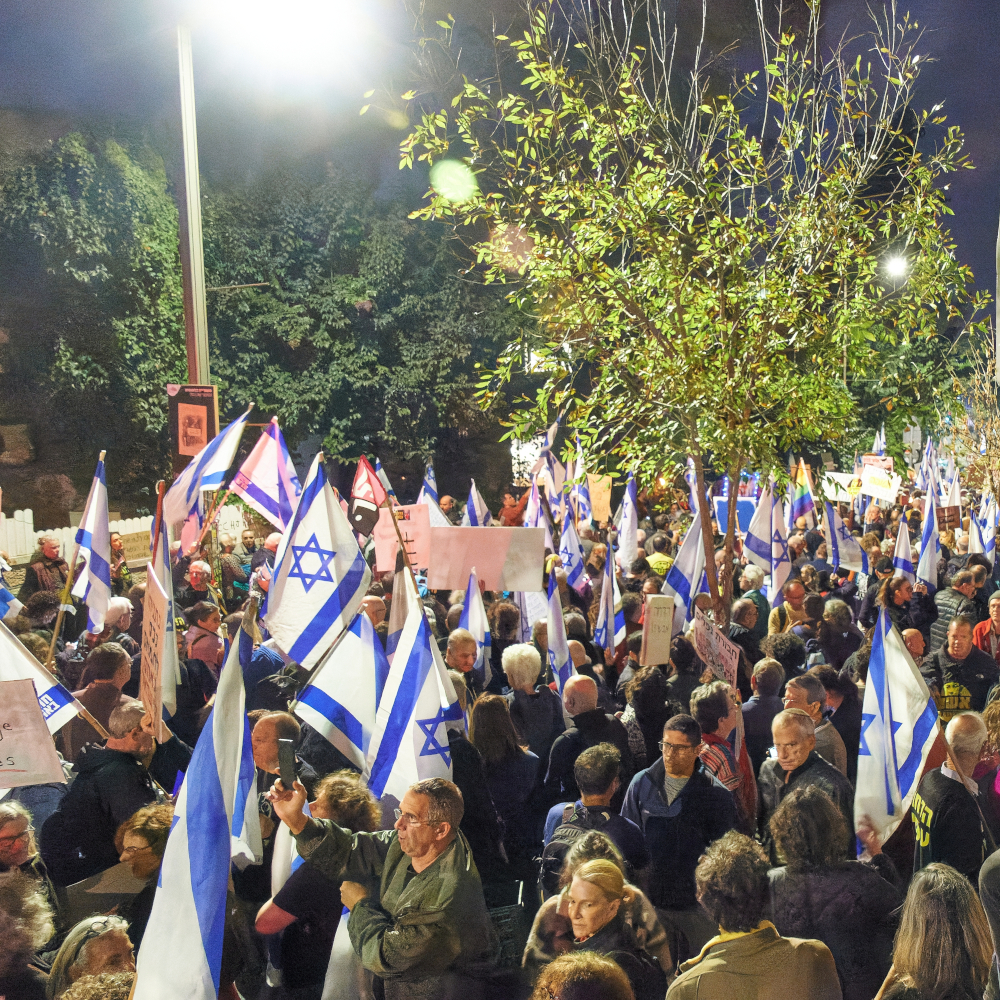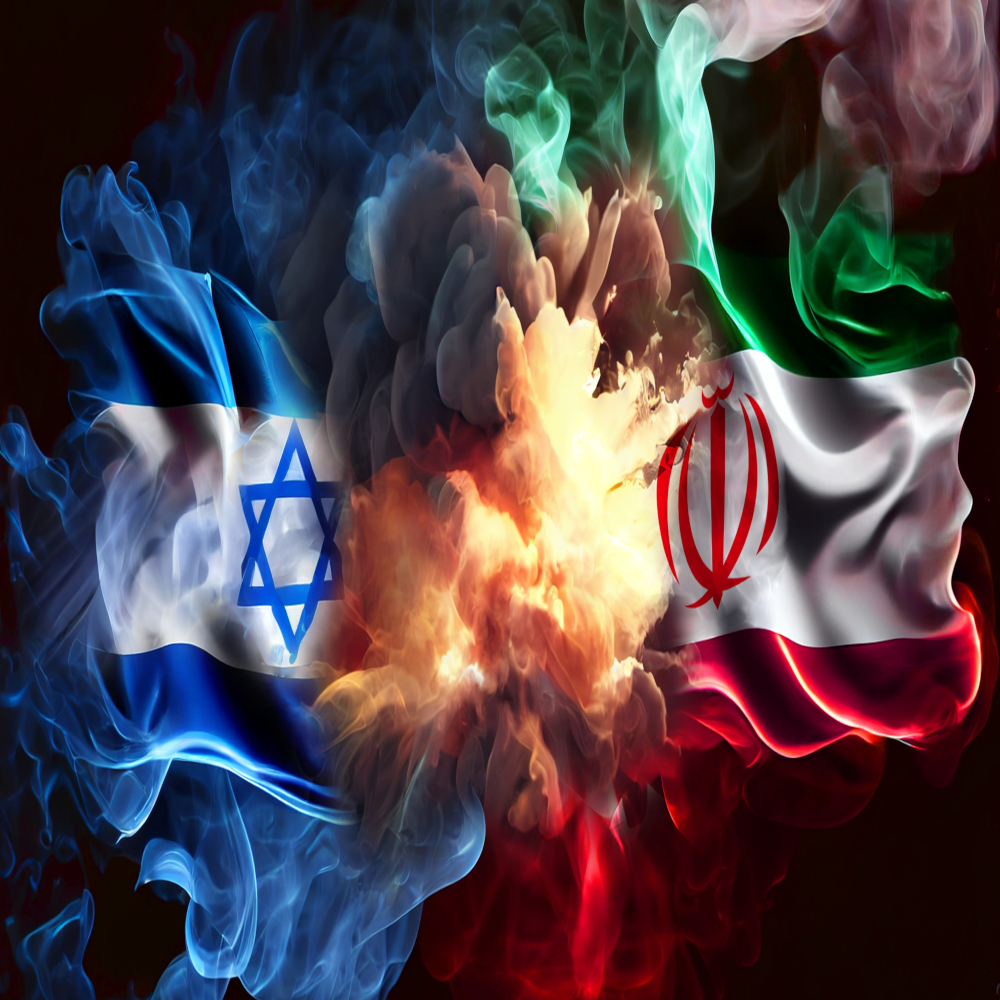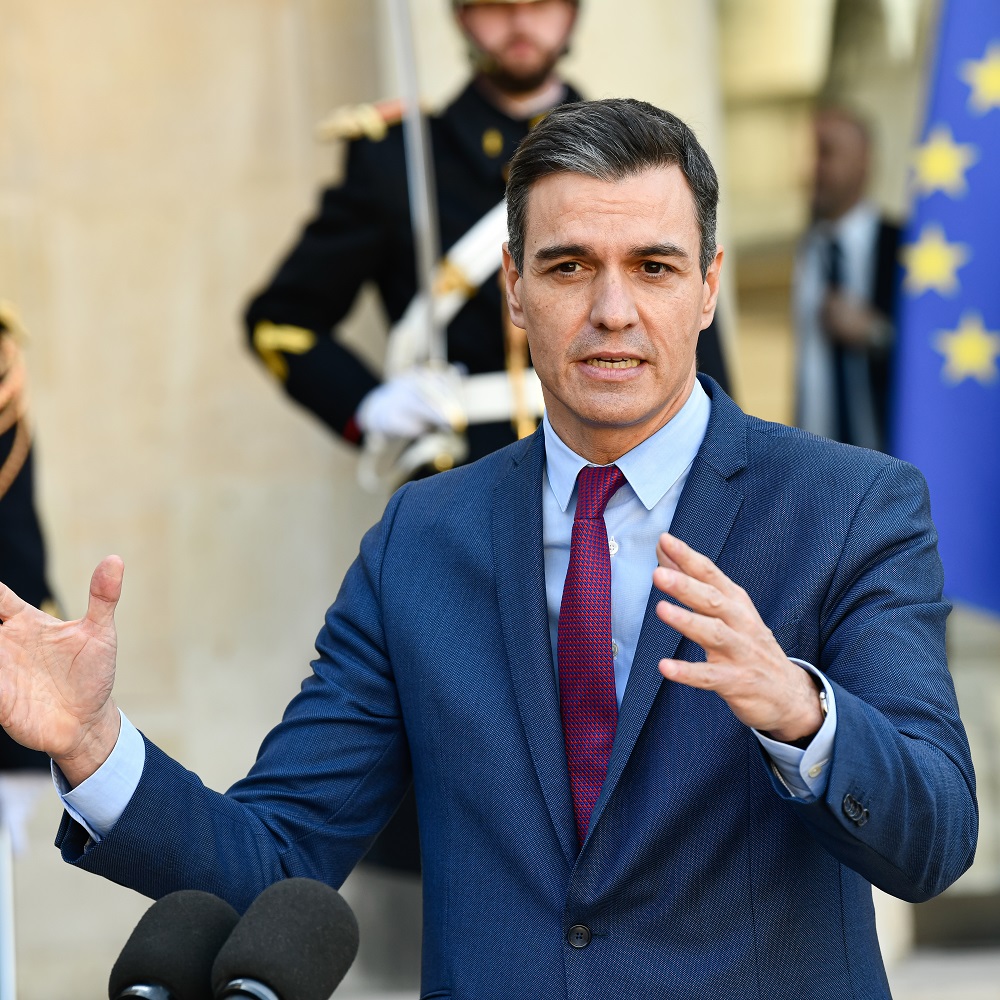
Spain recognizes the Palestinian state and reaffirms its friendship with Israel despite genocide in Gaza
by Redacción El Salto
한국어로 읽기Leer en españolIn Deutsch lesen Gap اقرأ بالعربيةLire en françaisЧитать на русском Although the gesture from Spain, Ireland, and Norway has been welcomed by Palestinian authorities, the past week has highlighted the Zionist determination to obliterate any possibility of a genuine Palestinian state. Pedro Sánchez announced early this morning what has been awaited since it was announced almost a week ago: the recognition of the Palestinian State, which, in the words of the Prime Minister, "must be a viable state, with the West Bank and Gaza connected by a corridor, with East Jerusalem as its capital, unified under the Government of the Palestinian National Authority," he stated. The president also sought to appease Zionist opposition and dispel accusations of supporting Hamas: "This is a decision that is not against anyone, least of all against Israel, a friendly people whom we respect and appreciate, and with whom we want to have the best possible relationship. This decision reflects our outright rejection of Hamas." The announcement of the recognition of the State of Palestine will be made, as the president communicated in the press conference, after it is approved today by the Council of Ministers. Meanwhile, the coalition government partner, ‘Sumar’, has welcomed this step, reminding that other actions are still necessary. "Arms embargo, suspension of diplomatic relations, supporting ICJ measures, and supporting the South African denunciation," have been enumerated in its X account. Today, May 28, 2024, was the date that Spain, Norway, and Ireland had marked on the agenda to take this diplomatic step in support of the Palestinian people. Ireland, for its part, will proceed with the recognition of the State of Palestine following a parliamentary debate to be held during the day. The decision taken by these three European countries, made public last Wednesday, May 22nd, joins them with the 144 countries that already recognized the State of Palestine within its 1967 borders, following the commitment to the coexistence of two sovereign states that can peacefully coexist, a principle underlying the Oslo Peace Accords of 1993, and which, however, three decades later, seem unrealistic given Israeli policies of colonization of the West Bank, isolation of Gaza, and appropriation of East Jerusalem, the territories that should compose an already disjointed Palestinian state. The Spanish recognition of Palestine as a state — a recurring commitment made by the PSOE that has taken time to materialize — coordinated with Ireland and Norway, implies that European countries, traditional allies of Israel, are joining what the Global South and colonized peoples had largely done decades ago. In Europe, Sweden took that step in 2014, many years after several countries in Eastern Europe recognized the Palestinian state in 1988, before the fall of the Berlin Wall. The former Czechoslovakia is a striking case; while the Czech Republic considers this recognition no longer valid, Slovakia reaffirms the decision made in the 1980s. Currently, Belgium, Malta, and Slovenia are other European states that have expressed their intention to recognize the Palestinian state, without specifying a specific date. For Israel, it is important that this trend does not spread. Zionist Foreign Minister, Israel Khan, wasted no time in attacking the Spanish government (again) on social media for its decision, accusing the prime minister of being complicit in "inciting the murder of the Jewish people and war crimes." The decision of the heads of government of Ireland, Norway, and Spain came after the United Nations General Assembly passed a resolution for the recognition of the Palestinian State, calling on the Security Council to accept Palestine as a full member after the US veto. The gesture of these three European countries has been welcomed by the Palestinian authorities, it responds to a historical demand, and contributes to put pressure on those countries that claim to advocate for the two-state solution but have not yet recognized Palestine as such. But beyond its symbolic value, for now, it doesn't seem likely to change the reality of the Palestinian people in Gaza, the West Bank, or East Jerusalem. In fact, Israel has punished Palestinians precisely after the decision of the three European countries: for example, by prohibiting the Spanish consulate in Jerusalem from assisting Palestinian individuals. On the other hand, the fact that most states recognize a Palestinian state has not translated into anything resembling its materialization: many of these states are also important allies of Israel, as emphasized by Sánchez himself this morning, recalling their closeness to the Zionist state. However, Israel, with its foreign minister at the forefront, has not ceased its attacks on Spain, Ireland, and Norway in the last week: in addition to recalling their ambassadors for consultations in the European states, there has been a constant response on social media, with videos accusing the three states of collaborating with Hamas. Meanwhile, violence against Gaza and the West Bank has intensified. Last Sunday, Israel attacked refugee camps in Rafah, leaving around fifty Palestinians dead and causing global outrage at the images of people burned alive, including children. It seems that in response to the symbolic gesture of recognizing Palestine, Israel continues with its plan to make a real Palestinian state impossible. In yesterday’s report (May 27th), the United Nations Office for the Coordination of Humanitarian Affairs (OCHA) pointed out that one million people have been forced to flee again, following Israel's ground invasion of Rafah on May 6th. Meanwhile, the Ministry of Health in Gaza has already reported over 36,000 deaths and more than 80,000 injuries, which, along with the missing persons, would account for 5% of the Strip's population. The United Nations has warned that it will take at least 80 years to rebuild Gaza. The fact that Israel is ravaging Palestine doesn't seem to concern the opposition as much as the worsening of bilateral relations with the Zionist state. While the leader of the opposition, Alberto Núñez Feijóo, stated yesterday that the government's decision "empowers" Hamas, Isabel Díaz Ayuso echoed a similar sentiment, saying, "They are calling for the extermination of Israel and are justifying what Hamas terrorism intends against that state. The offenses from the Government are continuous (...) The State [of Israel] will not respond with flowers," said the president of the Community of Madrid yesterday after the publication of a video released by Israel in which, with flamenco music in the background, it was reiterated that Hamas appreciates Spain's decision. But the recognition of the Palestinian state is not the only open front against the Zionist state: following the ICJ's order to halt the offensive against Gaza, the EU convened a meeting with Israel for the first time yesterday, and mentioned a tool that the EU has had from the beginning, the review of the preferential agreement between Brussels and the Zionist state. Meanwhile, civil society expands its mobilizations; yesterday, demonstrations condemning the bombings in Rafah took place worldwide, overflowing in cities like Paris. Meanwhile, the momentum continues from the encampments, which, as seen in yesterday's action at the Polytechnic University of Madrid, are bringing to light all the ties with Israel, achieving concrete victories, and exposing the extent of the economic interests and networks of influence that Israel has deployed in the university sphere. The article was translated and licensed under CC BY-SA 3.0 ES (Atribución-CompartirIgual 3.0 España).









